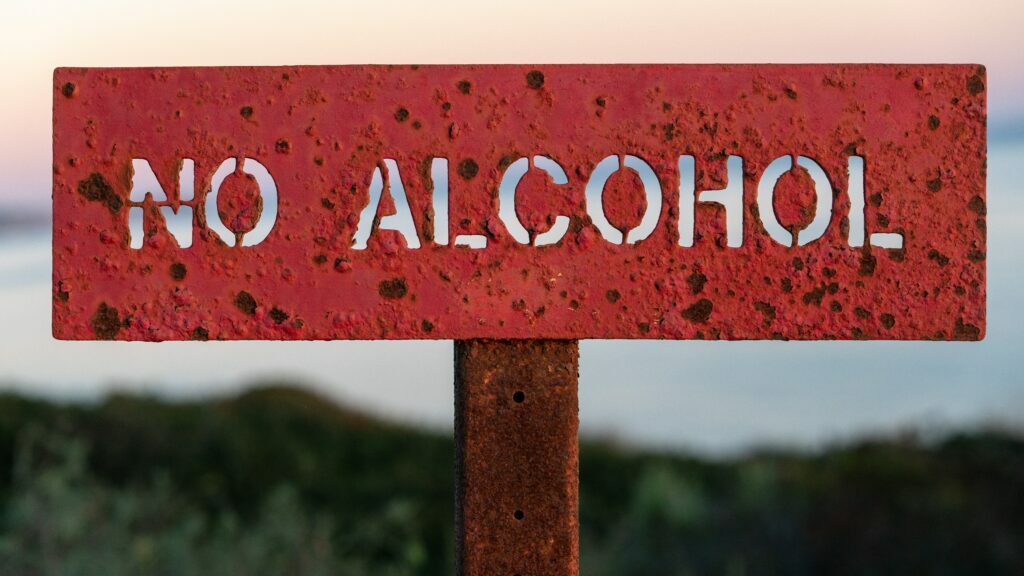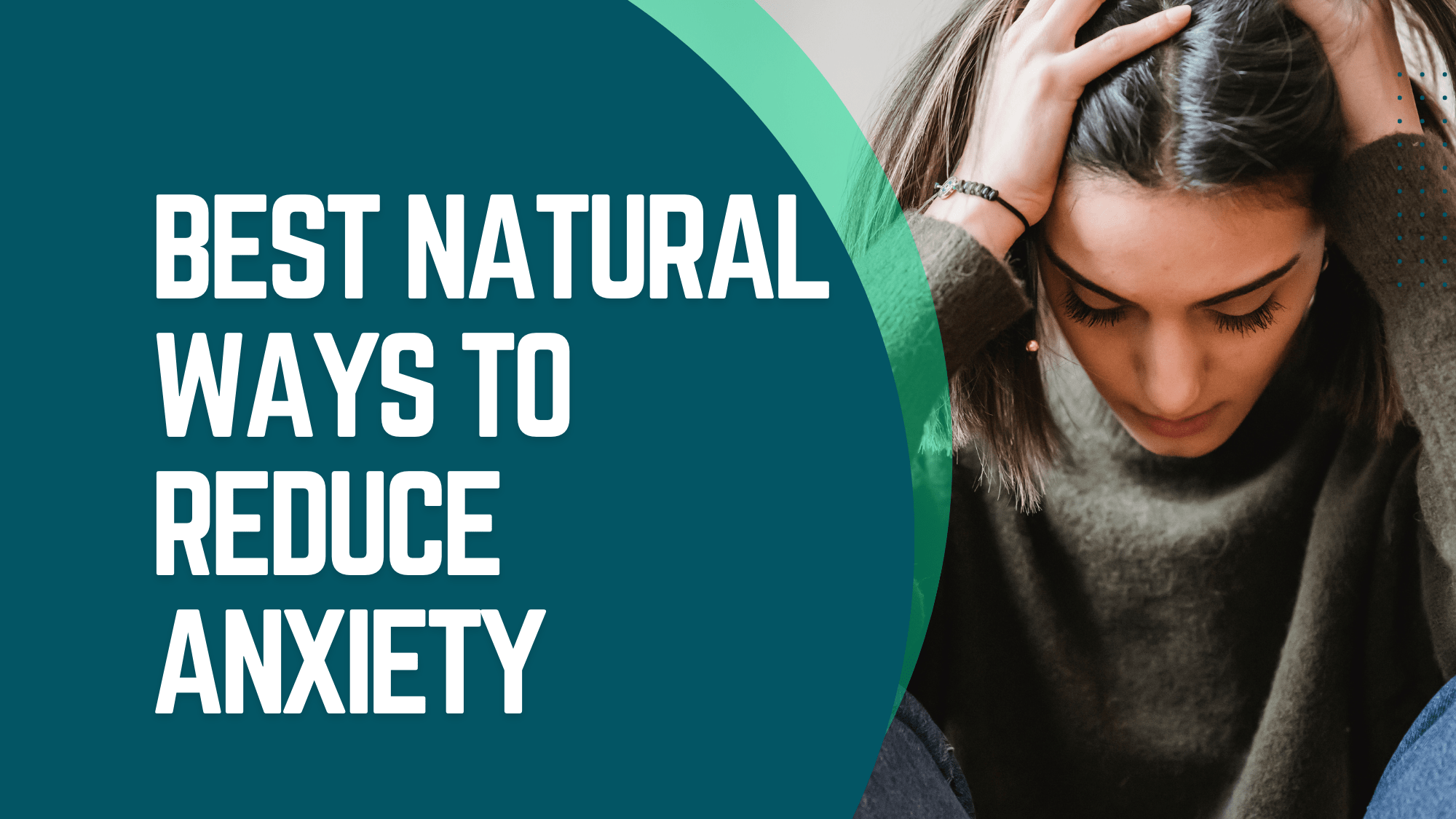Since Anxiety is a natural part of life the natural ways to reduce anxiety could work the best when it reaches a severe level and causes depression. When faced with difficult events such as taking an exam, making a presentation, or meeting new people, you may experience some anxiety or uncertainty. In many circumstances, a little anxiety every now and again might be beneficial. It keeps you alert to prospective threats and drives you to be prepared.
Anxiety, on the other hand, is more common in many people. They are subjected to it virtually every day. Anxiety disorders, such as generalized anxiety disorder, panic disorder, or phobias, can disrupt people’s everyday life, impacting their job, family, and personal lives. They vary from typical anxiety in that people experience extreme dread or anxiety.
Anxiety is a distressing condition, but it is curable. Many people who suffer from anxiety find relief via therapy. While some people benefit from the medicine, others gain from natural therapies.
Natural Ways to Reduce Anxiety
Anxiety can be handled in several ways. Cognitive behavioral therapy (CBT) is a prominent treatment option that helps people manage anxiety when it happens.
There are other drugs, such as antidepressants and sedatives, that attempt to balance brain chemistry and avoid anxiety attacks. They may even protect against the most severe symptoms.
If you prefer a more natural approach, there are both small and large ways you may assist overcome anxiety.
You may make changes to your habits such as exercise, sleep, and food. You might even try something completely new, such as aromatherapy or meditation. Whatever your lifestyle demands, there is a natural solution for everyone to help reduce anxiety.
So here goes the list of 8 best natural remedies to reduce anxiety:
Steer Clear Of Alcohol

Because alcohol is a natural sedative, it may take the edge off at first. However, evidence reveals a relationship between anxiety and alcohol intake, with anxiety disorders and alcohol use disorder (AUD) coexisting. A 2017 review of 63 distinct research found that reducing alcohol consumption can help both anxiety and sadness.
Heavy drinking can disrupt the equilibrium of neurotransmitters, which is important for good mental health. This interference causes an imbalance, which may result in anxiety symptoms.
Exercise To Combat Stress

Get some exercise to help you relax. After all, the Anxiety and Depression Association of America claims that even short 10-minute walks might improve mood. It makes sense; exercise releases endorphins, which are the body’s natural painkillers. As a result, you sleep better, which reduces stress. Exercise can also help with general cognitive function and weariness. If you believe you’d rather watch grass grow than go to the gym, try these methods to learn to enjoy exercising.
Herbal Remedies

Several different herbs and herbal supplements may help alleviate anxiety symptoms, helping you to relax and feel calmer. Some of the more well-known varieties include:
- Lavender
- Lemon balm
- Chamomile
- Passionflower
- Kava
Studies show that chamomile can help with symptoms of generalized anxiety disorder. While many of the studies on herbal supplements for anxiety are limited, the results are promising.
You can find many of these (and other) supplements in capsule (pill) form. Many people also drink herbal teas to help them relax.
Download this free step-by-step guide to reduce stress>>>
Aromatherapy

Aromatherapy involves the use of essential oils to improve health and overall well-being. Many scents can help to boost your mood, help you relax, and reduce anxiety.
There are a few ways you can use essential oils. You can use a diffuser, place a few drops on a lava bead bracelet, or mix your favorite scent in a carrier oil to place on your wrist or neck.
Scents to use for anxiety include:
- Lavender
- Ylang ylang
- Grapefruit
- Clary sage
- Bergamont
Limit Caffeine Intake

Caffeine is not your friend if you suffer from persistent anxiety. Caffeine might produce uneasiness and jitters, which aren’t helpful if you’re stressed.
Caffeine may induce or aggravate anxiety problems, according to research. It may also trigger panic episodes in those suffering from panic disorder. Caffeine withdrawal may considerably relieve anxiety symptoms in some persons.
Caffeine and anxiety are frequently connected, similar to alcohol, due to caffeine’s potential to change brain chemistry.
Caffeine, for example, boosts alertness by inhibiting the brain chemical adenosine, which causes tiredness, while also activating the production of adrenalin, according to 2008 research.
Having said that, most individuals can tolerate a moderate amount of caffeine.
However, if you wish to reduce or eliminate caffeine, you should begin by gradually lowering the quantity of caffeine you drink each day.
To satisfy thirst, start substituting these drinks with water. This will not only satisfy your body’s thirst for fluid, but it will also assist drain caffeine from your system and keeping you hydrated.
Caffeine can be gradually reduced over a few weeks to assist modify the habit without causing withdrawal symptoms in the body.
Meditate And Practice Mindfulness

A main goal of meditation is full awareness of the present moment, which includes noticing all thoughts in a nonjudgmental way. This can lead to a sense of calm and contentment by increasing your ability to mindfully tolerate all thoughts and feelings.
Meditation is known to relieve stress and anxiety and is a primary facet of CBT.
Research from John Hopkins suggests that 30 minutes of daily meditation may alleviate some anxiety symptoms and act as an antidepressant.
Practice Deep Breathing

Anxiety is characterized by shallow, rapid breathing. It can cause a racing heart, dizziness or lightheadedness, and even a panic attack.
Deep breathing techniques, which involve taking slow, even breaths, can help reestablish regular breathing patterns and reduce anxiety.
Drink Chamomile Tea

A cup of chamomile tea is a popular home treatment for calming tensions and promoting sleep.
According to a 2014 study, chamomile may also be an effective anti-GAD treatment. The study discovered that persons who took German chamomile capsules (220 mg up to five times daily) had a higher reduction in anxiety symptoms test scores than those who were given a placebo.
Another 2005 study discovered that chamomile extract assisted sleep-deprived mice in falling asleep. Researchers think that the tea has benzodiazepine-like hypnotic action and binds to benzodiazepine receptors.
The Bottom Line
If you’re feeling worried, the suggestions above may help.
Remember that while home remedies might help relieve anxiety, they are not a substitute for professional care. Anxiety may necessitate treatment or prescription medication. Discuss your concerns with your doctor.

